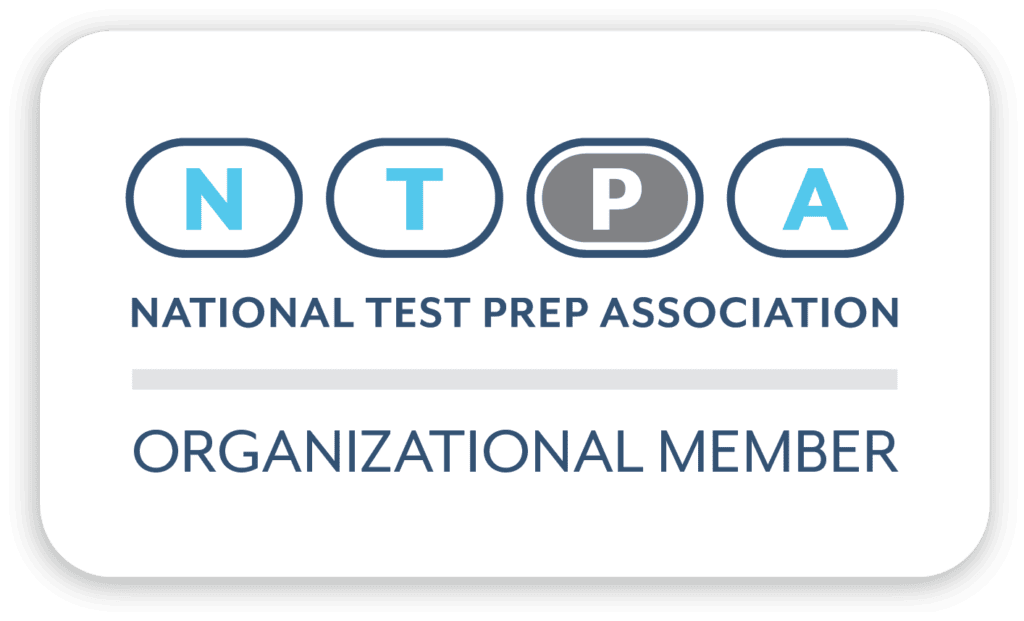In the line-up of professionals who provide educational support outside the classroom, you’ll see tutors, academic coaches and even educational therapists — so, what’s the difference? The primary distinction is related to the scope of intervention necessary to help students succeed. In this week’s social media series, we’ll be exploring all of these areas along with why a successful strategy can include all three! Which aspect of educational support would you most like to learn about?
Tutoring, for example, tends to focus on building classroom skills and knowledge, like how to balance a chemical equation or outline a paper. Academic coaching, however, is more likely to focus on broader, systemic challenges that aren’t specific to a particular test or subject. Educational therapy is the most macro, focusing on the ground-up building of foundational skills like emotional regulation and self-advocacy.
In some cases, tutoring can be successful on an as-needed basis– but academic coaching and educational therapy rarely are, since they often involve the breaking of habits, the creation of new habits, and the building of a student’s autonomy over time.
There can, of course, be big areas of overlap between these types of intervention– a tutor might support a student by inviting them to reflect on their anxiety around test-taking, and an academic coach might offer tips for how to study a particular math topic or suggest resources for a social studies project– but here’s an example of a student who might benefit from working with a tutor and an academic coach (since educational therapy is a lot more specialized, we’ll leave that aside):
Micah meets with his academic coach on Saturday mornings to debrief on the previous week of school, discuss how to distribute schoolwork over the weekend and prepare for the next week.
When debriefing, they audit Micah’s system for scheduling with his chemistry tutor; they end up tweaking the way that Micah checks himself for mastery of topics in his chemistry class so that Micah can know sooner whether he needs to schedule additional time with his tutor.
The academic coach isn’t familiar enough with chemistry resources to help Micah find supplementary worksheets, but they make a plan for Micah to reach out to his tutor and see if she has any suggestions.
Later that week, when Micah meets with his chemistry tutor, she notes that Micah’s having a hard time remembering terminology, and she suggests that Micah start studying his terms daily to improve recall– so Micah sets himself a reminder to talk with his academic coach about integrating that study into his homework plan when they meet next Saturday.
In this system, Micah gets the maximum benefit from these two sources of educational support, who are both able to spend their time with Micah focused on their particular area of expertise.
For additional information on today’s topic, here are two excellent starting points from Understood.
The Difference Between Tutors and Educational Therapists
The Difference Between Tutoring and Academic Coaching
Our thanks go out this week to Principal Tutor and Founder Erin Webb for her excellent research on this topic!






